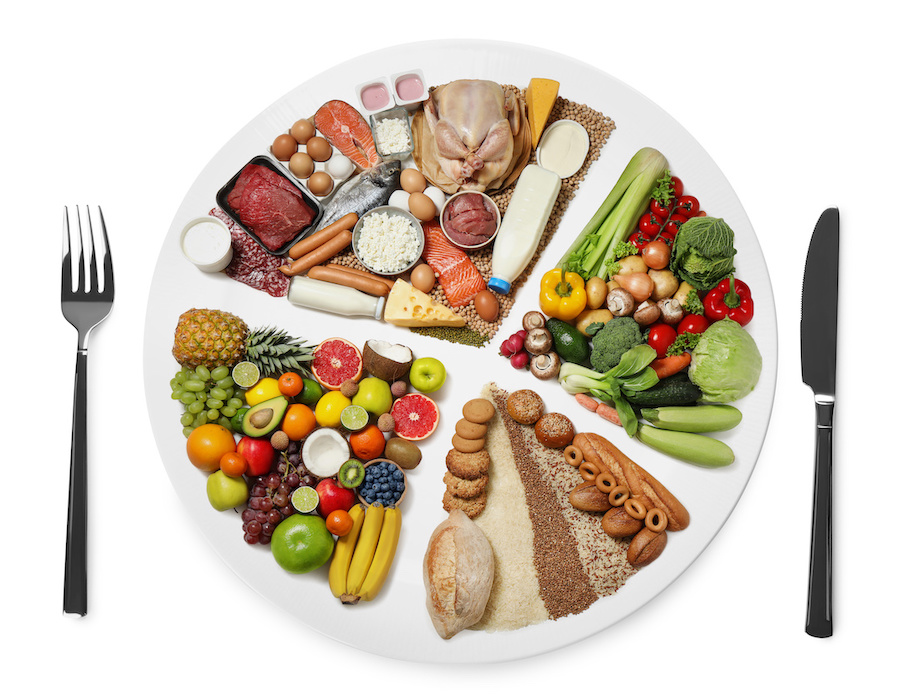Eating for Performance: The Relative Energy Deficiency in Sport study
What happens if you don’t eat enough while doing large amounts of daily exercise?
The Relative Energy Deficiency in Sport (REDs) study will investigate the effects of different energy intakes on body mass, body composition, metabolism, hormonal health and exercise performance in men.

The REDs Study
The base of any nutrition program is ensuring people are eating enough to meet their energy needs. If active individuals do not eat enough to fuel both the demands of training and bodily functions, they are at risk of developing Relative Energy Deficiency in Sport (REDs).
Symptoms may include depressed reproductive function, such as irregular or absent menses in women and low testosterone in men, decreased immune function, low bone mineral density and increased risk of stress fractures, impaired cognitive capacity and low mood, reduced adaptation to training, and increased injury risk.
While the negative effects of under-fueling have been known for 30 years in women, the possibility of similar effects in men was only proposed in 2014. Given that studies in athletes have found between 22 and 58% are not eating enough to fuel their training, a better understanding of the effects of under-fueling is essential to protect the health and wellbeing of all active people.
Join our research project
What’s involved
Our study will involve you staying at the VU sleep hotel (Footscray Park Campus) for 12 days. This best suits people who can work or study remotely.
During your stay you will:
- eat a prescribed diet – all food will be provided
- have twice-daily exercise sessions for 12 days
- do exercise performance testing (before and after)
- have body composition DXA scans
- do resting energy expenditure tests
- provide 3 blood samples.
Who we need
- Males 18—40 years old.
- BMI between 22—30.
- Healthy non-smokers.
- Running, cycling or team sports at least 3 hours per week.
- No history of eating disorders.
- No serious food allergies or special diets (such as vegan).
Additional inclusion/exclusion criteria apply.
Benefits for participating
- $300 in e-vouchers for completing the study.
- Free VO2max test and body composition DXA scans.
- All food provided for 12-day stay.
- The training may improve various aspects of your health and fitness.



